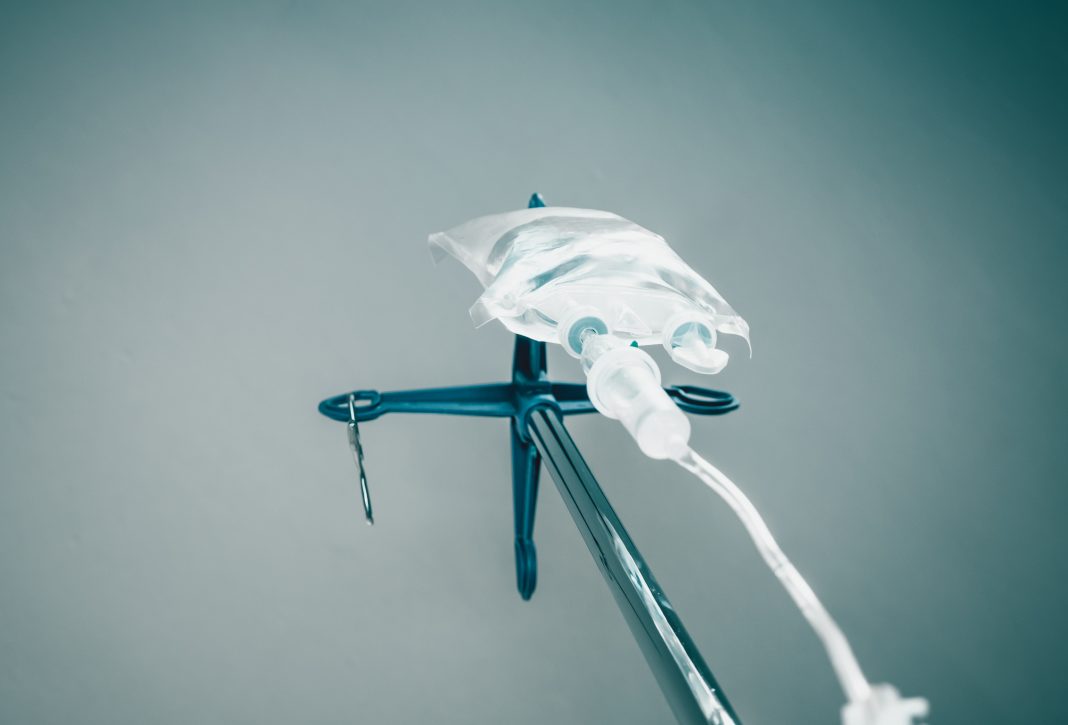Ashley Jean Yeager Freelance Writer GEN
Company Snags Rights for Use of Optimal Preconditioning Regimen
A new patent issued to Kite Pharma—now owned by Gilead—lays out a strict protocol for priming patients for engineered chimeric antigen receptors for T-cell (CAR-T) treatments. The patent, US 9,855,298, states that the efficacy of CAR-T therapies can be increased when two chemotherapy drugs, cyclophosphamide and fludarabine, are administered to patients in specific doses, in tandem with the engineered CAR-T cells.
The patent could potentially cause trouble for other companies that are also working to develop cancer treatments based on engineered CAR-T cells, such as Juno and Novartis—and could prevent further research on and development in the optimal conditioning regimen necessary for optimal patient response to adoptive cell therapies. “One reason to file a patent is to prevent a rival from copying a technology,” Jacob Sherkow, J.D., an intellectual property lawyer at New York Law School, tells GEN. “Another is to lay claim to something a company thinks to be its own.”
It’s not clear what the intention of Kite was in filing this patent. The company did not return a request for comment. But, the information gleaned from the patent suggests the company’s method will answer some lingering questions about how to best condition patients for CAR-T cell treatment. But the filing also raises more questions about who could be sued for patent infringement.
Priming Patients
In 2011, Steven Rosenberg, M.D., Ph.D., of the National Cancer Institute, and colleagues showed that depleting natural lymphocytes in patients with metastatic melanoma by infusing cyclophosphamide and fludarabine into the body before cell-transfer therapy could lead to complete tumor regression. The work suggested priming patients’ bodies with chemotherapy drugs could aid cell-transfer treatments. Other researchers, and companies, started to experiment with the idea, but determining the proper dosing of the drugs proved difficult.
Juno, for example, announced in 2016 that patients had died in a clinical trial where they were preconditioned for a CAR-T cell therapy to combat acute lymphocytic leukemia (ALL) using cyclophosphamide and fludarabine. The deaths resulted in a partial clinical hold of the trial. The deaths were a result of cerebral edema, which may have been caused by the rapid amplification of the CAR-T cells in the body. However, there have been some questions about whether fludarabine played a role in the devastating results. As a result, when Juno resumed the trial a few days following the clinical hold, they eliminated fludarabine from the treatment protocol.
Juno, Sherkow says, is probably a bit gun-shy about using fludarabine as a preconditioning agent, so the company won’t likely have to worry about infringing Kite’s patent, should it have a CAR-T cell treatment approved by the FDA.
The patent, however, might be more troublesome for Novartis. It manufactures Kymriah (tisagenlecleucel)—the first FDA-approved CAR-T cell therapy designed to combat ALL in children and young adults. In the highlights of prescribing information, the company instructs healthcare providers administering Kymriah to precondition patients with 30mg/m2 of fludarabine for four days and 500 mg/m2 of cyclophosphamide for two days. The patients receive the chemotherapy drugs 2 to 14 days before their infusions of Kymriah. In the recently approved Kite patent, the method is similar: administering 500–600 mg/m2 of cyclophosphamide per day and about 30 mg/m2 fludarabine per day.
A spokesperson from Novartis said the company could not comment on another company’s patent.
Who Is Infringing?
Another aspect that is unclear about the patent is whether it would affect other companies offering CAR-T therapies or the providers administering those therapies. The patent lays claim to the method for preconditioning patients and giving them the CAR-T cells, so Kymriah Treatment Centers could also be affected by its scope.
But there are some caveats. Because of the similarities in preconditioning methods among CAR-T developers, Novartis and other companies may be able to invalidate the Kite patent in front of a Patent Trial and Appeal Board (PTAB). If competing companies can show that they came to the same preconditioning protocol independently of Kite, then the companies would be able to argue that the method was obvious and therefore, not patentable.
But Kite may not be after just this patent, legal scholars suggest. This patent may merely have been sought to build the company’s legal arsenal as the market for CAR-T therapies grow. By patenting methods, along with actual biologic agents, Kite has more legal footing to stand on as it faces infringement suits from other companies. The more patents it collects, the better Kite—and ultimately, Gilead—can protect itself against legal attack.



